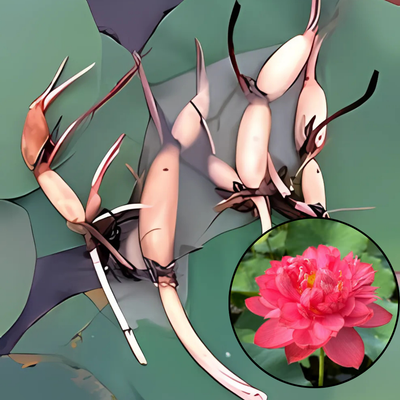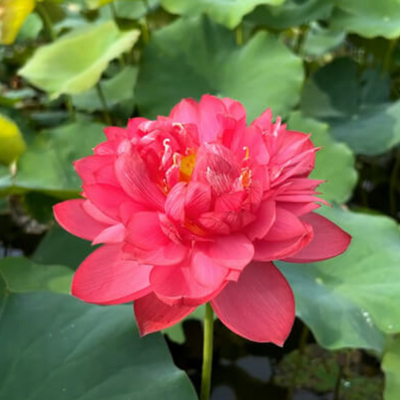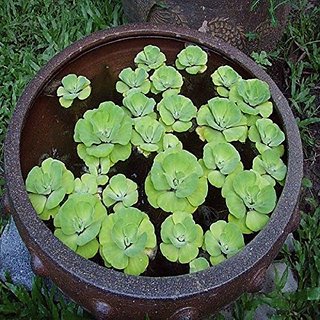Green Paradise Tabebuia Rosea seeds
About
Tabebuia Rosea Tree
Tabebuia rosea, commonly known as the Pink Trumpet Tree or Rosy Trumpet Tree, is a species of flowering tree in the family Bignoniaceae. It is native to Central and South America, particularly in regions such as Mexico, Belize, Guatemala, Honduras, Nicaragua, Costa Rica, Panama, Colombia, Venezuela, and the Caribbean islands. Tabebuia rosea is appreciated for its beautiful pink or rose-colored trumpet-shaped flowers, which appear in abundance during the flowering season.
Tabebuia rosea seeds are small, flat, and winged, similar to those of many other tree species. They are typically light brown or tan in color. The seeds are produced within elongated capsules that develop after the tree's flowering period. Each capsule contains numerous seeds, which are dispersed by wind or water when the capsule splits open.
If you're interested in germinating Tabebuia rosea seeds, here are some general guidelines:
Collecting seeds:
Harvest seeds from mature capsules that have turned brown and started to split open. Ensure the seeds are dry before storage.
Storage:
Store the seeds in a cool, dry place to maintain their viability. Using airtight containers or sealed plastic bags can help prevent moisture and insect damage.
Stratification:
Some sources suggest that Tabebuia rosea seeds benefit from stratification, which is a process of exposing seeds to a period of cold and moisture to break dormancy. You can achieve this by placing the seeds in slightly moistened sand or vermiculite and refrigerating them for several weeks.
Germination:
Once stratification is complete, sow the seeds in a well-draining potting mix. Plant them at a shallow depth, around ¼ to ½ inch (0.6 to 1.3 cm) deep, and lightly cover them with soil. Keep the soil consistently moist but not waterlogged.
Environment:
Tabebuia rosea seeds generally require warm and humid conditions to germinate successfully. Providing a warm temperature between 75-85°F (24-29°C) and placing the pots in a location with indirect sunlight can help promote germination.
Patience:
Germination times for Tabebuia rosea seeds can vary, and it may take several weeks or even months for the seeds to sprout. Be patient and maintain a consistent watering routine.
Once the seedlings have developed a few true leaves and are sturdy enough, they can be transplanted into larger containers or planted outdoors in a suitable location. Tabebuia rosea thrives in tropical and subtropical regions with full sun and well-draining soil. It is known for its resilience and ability to adapt to different soil types.
Keep in mind that while these guidelines are generally applicable, individual seed germination can vary. It is always beneficial to research specific techniques or consult local gardening experts for more accurate information regarding germinating and growing Tabebuia rosea from seeds.









